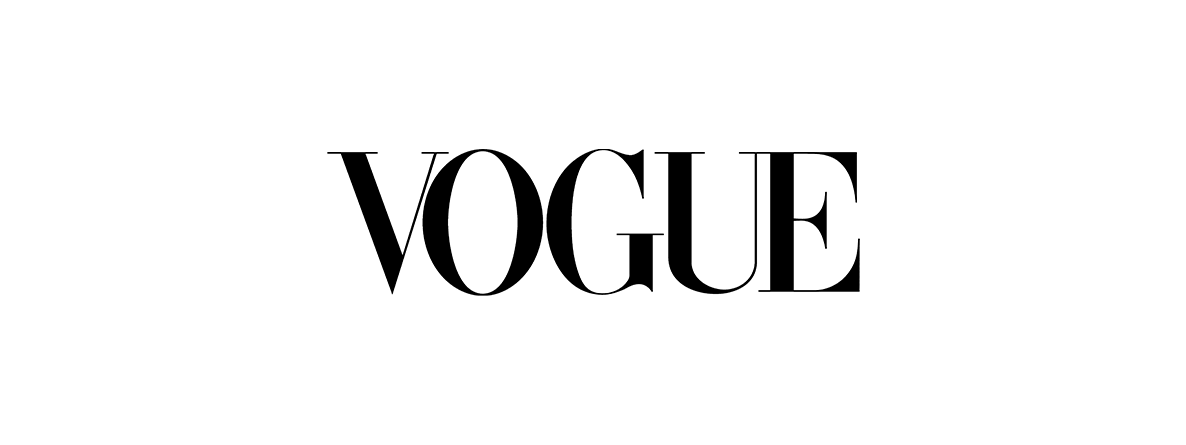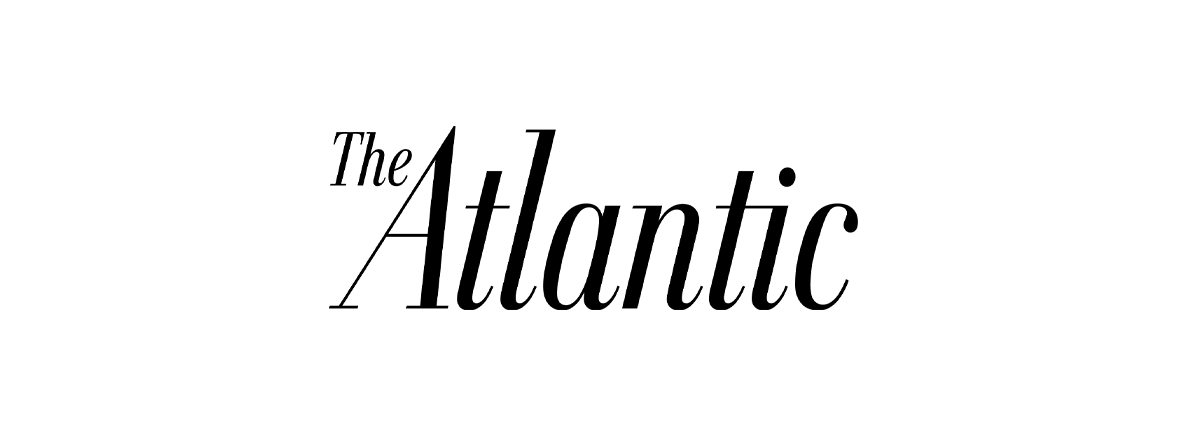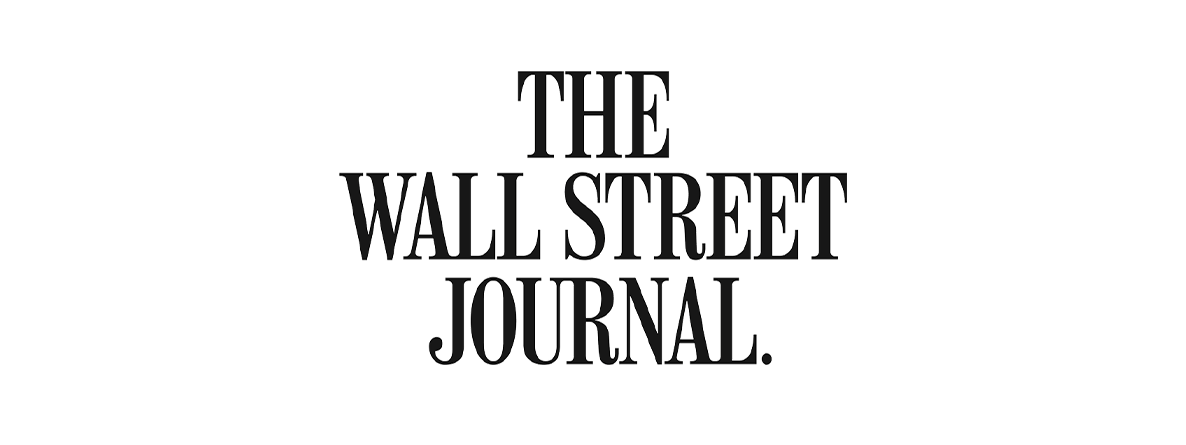
Articles & Op-Eds
Dr. Miriam’s Writing
Dr. Miriam regularly shares her insights and expertise on friendship, connection, belonging, and more in global outlets, newspapers, and magazines.

Featured Articles
Research suggests that chronic loneliness may be as damaging to health as smoking 15 cigarettes a day. But do we know what loneliness actually is?
Research suggests that chronic loneliness may be as damaging to health as smoking 15 cigarettes a day. But do we know what loneliness actually is?
Understanding how social connection works as a key component of employee wellness initiatives.
When we feel envious or jealous, it’s not uncommon for other difficult emotions to creep up, including sadness, anger, resentment, anxiety, and shame.
There is another important barrier that can make it difficult to cope with friendship challenges—the misconceptions we have about our friendships as adults.
Browse All Writing
Browse By Category: Friendship Support Loneliness Mental Health
Research suggests that chronic loneliness may be as damaging to health as smoking 15 cigarettes a day. But do we know what loneliness actually is?
Understanding how social connection works as a key component of employee wellness initiatives.
When we feel envious or jealous, it’s not uncommon for other difficult emotions to creep up, including sadness, anger, resentment, anxiety, and shame.
There is another important barrier that can make it difficult to cope with friendship challenges—the misconceptions we have about our friendships as adults.
What matters more than the number of friends we have, or even how realistic their advice may be, is that we feel as though we are supported.
Research suggests that chronic loneliness may be as damaging to health as smoking 15 cigarettes a day. But do we know what loneliness actually is?
Understanding how social connection works as a key component of employee wellness initiatives.
When we feel envious or jealous, it’s not uncommon for other difficult emotions to creep up, including sadness, anger, resentment, anxiety, and shame.
There is another important barrier that can make it difficult to cope with friendship challenges—the misconceptions we have about our friendships as adults.
What matters more than the number of friends we have, or even how realistic their advice may be, is that we feel as though we are supported.
A good place to start is to use your existing social network. Approach people you enjoy spending time with — friends, family, co-workers — and see if they can introduce you to anyone new.


get dr. miriam’s guide ———————-
5 Ways to Create Connections That Count
With 5 actionable steps and mindset shifts you can take to build better friendships and closer connections — at work, at home, and everywhere in between.
Research suggests that chronic loneliness may be as damaging to health as smoking 15 cigarettes a day. But do we know what loneliness actually is?
Understanding how social connection works as a key component of employee wellness initiatives.
When we feel envious or jealous, it’s not uncommon for other difficult emotions to creep up, including sadness, anger, resentment, anxiety, and shame.
There is another important barrier that can make it difficult to cope with friendship challenges—the misconceptions we have about our friendships as adults.
What matters more than the number of friends we have, or even how realistic their advice may be, is that we feel as though we are supported.
A good place to start is to use your existing social network. Approach people you enjoy spending time with — friends, family, co-workers — and see if they can introduce you to anyone new.
Trying out a new hobby or activity together is a great way to stay up-to-date on each other’s lives while getting in some much-needed leisure time.
Research suggests that chronic loneliness may be as damaging to health as smoking 15 cigarettes a day. But do we know what loneliness actually is?
Understanding how social connection works as a key component of employee wellness initiatives.
When we feel envious or jealous, it’s not uncommon for other difficult emotions to creep up, including sadness, anger, resentment, anxiety, and shame.
There is another important barrier that can make it difficult to cope with friendship challenges—the misconceptions we have about our friendships as adults.
What matters more than the number of friends we have, or even how realistic their advice may be, is that we feel as though we are supported.
A good place to start is to use your existing social network. Approach people you enjoy spending time with — friends, family, co-workers — and see if they can introduce you to anyone new.
Trying out a new hobby or activity together is a great way to stay up-to-date on each other’s lives while getting in some much-needed leisure time.
Sometimes the most helpful way to understand how we can make new friends is to recognize the behaviors we should try our best to avoid.

academic publications & presentations
Friendship Research
Dr. Miriam’s friendship research is the foundation for her writing, speaking, and consulting work on the power of connection and belonging.



































